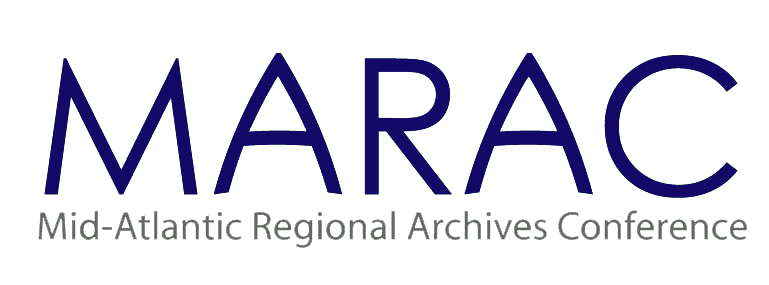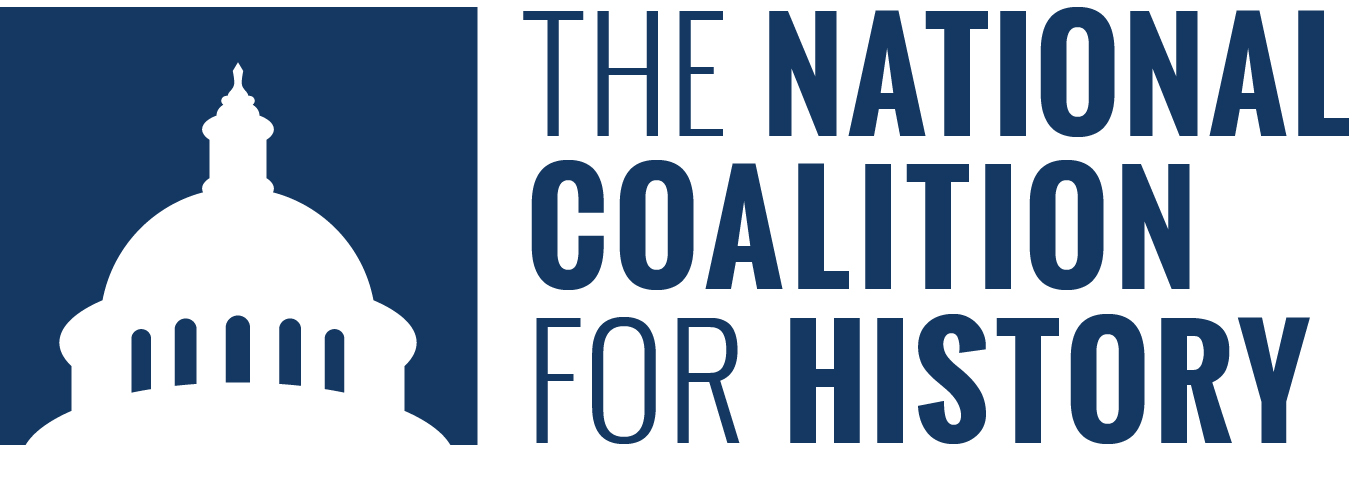AdvocacyLetter to Muriel Bowser, Mayor of District of Columbia, regarding the District of Columbia Archives June 24, 2025 Mayor Muriel Bowser Dear Madam Mayor: I am writing to you on behalf of the Mid-Atlantic Regional Archives Conference (MARAC) regarding plans for the DC Archives. Recently, MARAC learned of your office’s decision to terminate plans to construct the new D.C. Archives at the Building 41 site on the University of the District of Columbia’s (UDC) campus. As noted by the D.C. Archives Foundation, this move appears to be contrary to the efforts of knowledgeable stakeholders and archives experts who have worked for many years to ensure that the UDC facility would both responsibly care for D.C.’s vital and historical records and efficiently fulfill the District’s obligation to its citizens to make those records available and accessible, a function that is vital to the health of democracies everywhere. By contrast, splitting the facility between a front-facing access center and a remote storage warehouse risks inefficiencies, poor stewardship practices, and real negative outcomes for archival users, workers, and the District. An archives facility is an active site where people interact with the records of their heritage. Appropriate access to the historical record allows citizens to fully tell their stories and the stories of their District. Allowing the planned UDC facility to move ahead as envisioned by archival professionals who understand the needs of archives users, workers, and collection stewards would be an opportunity for Washington, D.C. to provide this access and enrich the District’s rich historic narrative. Since 1972, MARAC has been committed to promoting the value of archivists and archives in our communities. Construction of the DC Archives at the Building 41 site aligns with the field's best practices and is in the best interest of archives and the citizens of the District of Columbia. Our organization hopes this letter provides a better understanding about what archives do, why it matters, and how allocating the necessary resources according to best practices developed by archival professionals benefits everyone and helps the District thrive. Sincerely, Letter to Muriel Bowser, Mayor of District of Columbia, regarding the District of Columbia Archives Dear Mayor Bowser: The Steering Committee of the Mid-Atlantic Regional Archives Conference (MARAC) writes to you today to express concern about the lack of transparency surrounding the abrupt termination of the Public Records Administrator at the District of Columbia Archives. MARAC is a volunteer, regional consortium of archivists who live and work in the states of Delaware, Maryland, New Jersey, New York, Pennsylvania, Virginia and West Virginia, and in the District of Columbia. Our mission is to provide affordable archival education, encourage diversity and inclusion in the profession, foster collegiality among archivists, and support archival advocacy throughout the MARAC region. The Office of Public Records has been grossly understaffed for many years. They have been forced to use volunteers to carry out basic functions, and this recent news indicates that the situation has grown more dire. We have noted that the position of Public Records Administrator was been posted on the DC Mayor’s Office website on October 27, and we are encouraged by this process. However, we would like to take this opportunity to also emphasize the importance of adequately funding the Office of Public Records, both in terms of providing adequate staffing, as well as continuing to pursue the objective of a new facility to house the collections. Maintaining public records ensures accountability and transparency in a democratic government. By all accounts, the DC Office of Public Records does not have enough staff to accomplish all the work that the office is legally required to perform. Much of the work surrounding maintaining and providing access to public records still requires dealing with paper and physical materials, and the staffing level that could digitize and make them theoretically more readily available is often prohibitively time consuming for many government agencies. As your own constituents have publicly noted in publications such as the Washington Post, the decision to halt ordinary citizens' ability to request records regarding their governance endangers their basic rights to a transparent and accountable government.[1] We would also like to advocate that the individual hired to the position of Public Records Administrator be granted the autonomy to speak on behalf of the Office of Public Records, regardless of where the Office of Public Records is placed in the DC government’s hierarchy. The current job announcement indicates that the Public Records Administrator, among other things, serves as the Historian of the District of Columbia, as well as a liaison between the office and several external organizations, such as the National Archives and the National Historical Publication Records Commission (NHPRC). However, it is our understanding that freedom of representation has not been permitted in this position. Access to and transparency surrounding permanent public records is a hallmark of democracy, and Washingtonians deserve nothing less. Respectfully, Jennie Knies, Chair, Mid-Atlantic Regional Archives Conference, on behalf of the Steering Committee of MARAC [1] See: https://www.washingtonpost.com/opinions/local-opinions/dc-archives-is-a-vital-resource-for-the-district-the-city-must-save-it/2019/10/04/616eb190-d988-11e9-bfb1-849887369476_story.html for public opinion on the state of the Office of Public Records National Coalition for History
For more information, and to sign up for email alerts, visit historycoalition.org. Letters of advocacyView letters of advocacy written by past Chairs: Last revised January 15, 2021 |

 MARAC participates, through the Society of American Archivists (SAA) Regional Archival Associations Consortium (RAAC), as a proud member of the National Coalition for History (NCH). NCH is a consortium of more than 50 organizations that advocates on federal legislative and regulatory issues affecting historians, archivists, researchers, teachers, students, preservationists, political scientists, museum professionals, genealogists, and other stakeholders. Priority issues include maximizing researcher access to government records and information, support for history education, and funding for agencies like the National Archives, National Endowment for the Humanities, National Park Service, and Institute of Museum and Library Services. NCH is also a driving force behind the Congressional History Caucus.
MARAC participates, through the Society of American Archivists (SAA) Regional Archival Associations Consortium (RAAC), as a proud member of the National Coalition for History (NCH). NCH is a consortium of more than 50 organizations that advocates on federal legislative and regulatory issues affecting historians, archivists, researchers, teachers, students, preservationists, political scientists, museum professionals, genealogists, and other stakeholders. Priority issues include maximizing researcher access to government records and information, support for history education, and funding for agencies like the National Archives, National Endowment for the Humanities, National Park Service, and Institute of Museum and Library Services. NCH is also a driving force behind the Congressional History Caucus.